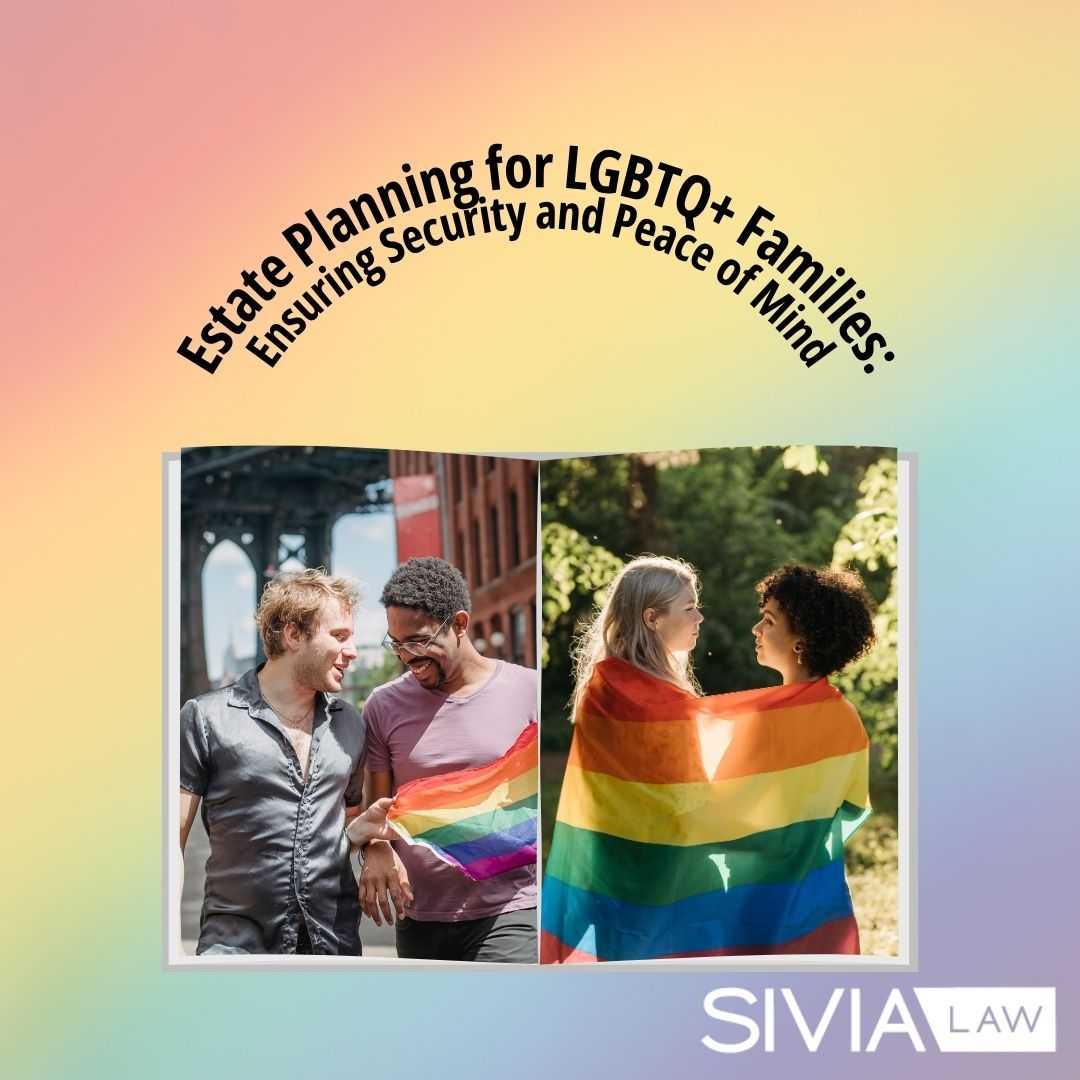State governments across the country have issued orders requiring countless businesses to close.
– Restaurants, hotels, retail stores, and places of entertainment
Businesses are incurring massive losses, which has sparked tremendous interest in whether business interruption (BI) insurance coverage can help offset some or all of those losses.
The Basics
Business Interruption (BI) cover is typically included with commercial property policies.
It provides the policyholder with coverage for lost business income incurred when covered property is damaged.
Extra Expense (EE) coverage provides coverage for expenses incurred as a result of a business interruption.
Application
“This Policy insures Business Interruption loss, as provided in the Business Interruption Coverage, as a direct result of physical loss or damage of the type insured . . . To the property as described in this Policy and not otherwise excluded by this Policy...”
“This policy shall cover the loss resulting from necessary interruption of business conducted by the Insured including all interdependent loss of earnings between or among companies owned or operated by the Insured caused by loss, damage, or destruction by any of the perils covered herein during the term of this policy to real and personal property as covered herein.”
What is more important and highly relevant for present purposes is the Civil Authority coverage extension.
The coverage triggers vary, but this type of coverage provides lost business income and extra expense incurred because the civil authority issues an order limiting access to your insured property.
Is physical damage to other property required?.
Application
“When a Covered Cause of Loss causes damage to property other than property at the described premises, we will pay for the actual loss of Business Income you sustain and necessary Extra Expense caused by an order of the civil authority that prohibits access to the described premises due to direct physical loss or damage to property within one mile of that described premises...”
“This Policy covers Business Interruption Coverage loss incurred by the Insured during the Period of Liability if an order of civil or military authority prohibits access to a location provided such order is the direct result of physical damage of the type insured at a location within five (5) statute miles of it.”
Civil Authority Extension
The key distinction between these two types of clauses is whether the policy holder must prove physical damage to other, non-insured property.
The presence of COVID-19 may well satisfy this requirement, and the claims are still viable, but the open- ended Civil Authority clauses are better for policy holders.
Communicable Disease Coverage
Some policies have coverage for outbreaks of infectious disease.
The coverage is usually only for an outbreak at the insured premises.
These coverage extensions should be carefully reviewed in each case.
Application
“If a described location owned, leased or rented by the Insured has the actual not suspected presence of communicable disease and access to such described location is limited, restricted or prohibited by . . . An order of an authorized government agency regulating such presence of communicable disease. . . This policy covers Business Interruption Coverage loss incurred by the Insured during the Period of Liability at such described location with such presence of communicable disease.”
“We will not pay for loss or damage caused by or resulting from any virus, bacterium or other microorganism that induces or is capable of inducing physical distress, illness or disease.”
“We will not pay for any loss or damage caused directly or indirectly by any of the following. Such loss or damage is excluded regardless of any other cause or event that contributes concurrently or in any sequence of the loss . . . Any virus, bacterium or other microorganism that induces or is capable of inducing physical distress, illness, or disease.”
“This policy does not insure . . .loss or damage caused directly or indirectly by the release, discharge, dispersal, seepage, migration, or escape of pollutants or contaminants unless the release, discharge, dispersal, seepage, migration, or escape is caused by a peril not otherwise excluded herein.”
Exclusions
Virus Exclusion
Pollution Exclusion
CBI and Supply Chain
Some companies also have contingent business interruption (CBI) or supply chain coverage.
• This provides business income protection for damage to property of suppliers and sometimes key customers.
• These are less common, and they need to be carefully reviewed.
• Need to show damage to property.
• Perhaps helpful if it fits your facts.
Application
“This policy covers the Business Interruption Coverage loss incurred by the Insured during the Period of Liability directly resulting from physical loss or damage of the type insured to property of the type insured at the premises of any of the following within the Policy’s Territory:
a) Direct Suppliers, direct customers or direct contract service providers of the Insured...
b) Any company that is a direct or indirect supplier, customer or contract service provider of those described in a) above."
“Business Interruption Coverage loss recoverable under this Business Interruption Coverage Extension is extended to include the following Business Interruption Coverage Extensions:
a)
Civil or Military Authority . . .”
Quantum of Recovery
Calculating the recovery on a BI claim can be complex.
- Policies have per occurrence limits as well as a time period for which lost income is covered.
- Policy will generally cover net income plus operating expenses that are not reduced due to shutdown.
- “Extra Expense” for costs incurred in addressing the interruption.
Policy holders will generally need to engage an accountant to work up the proof of loss and possibly testify.
Most policies contain an appraisal provision where a panel of three appraisers fixes the quantum of damages in the event the carrier and the policy holder are unable to agree.
– This looks a lot like arbitration.
– Coverage can still be litigated.
Specific Issues
Three principal questions that arise in BI case:
A) Does the virus constitute “physical damage to property”?
B) Civil Authority cover -- what is the scope of damage?
C) Virus exclusion/Pollution exclusion – do they apply?
Notice is key.
– Failure to give notice may forfeit coverage.
Policy holders are also required to submit a sworn proof of claim, sometimes within a defined window, such as 90 days from loss.
– May need to negotiate an extension.
– May need to submit and then supplement later.
Fact Specific Issues
Voluntary business closures may impact your argument for coverage.
There is no coverage for lost income because customers are shopping less or because a company closed of its own volition.
Coverage for costs associated with cleaning sites and losses due to the forced closure of business to clean sites may be easier to obtain.
The State of Litigation
There have been a few coverage suits filed by policy holders so far. Policy holders generally do not have a right to sue until the claim is denied. Most claims will not be resolved quickly.
Legislative Efforts
March 18 letter from 18 members of Congress to insurance trade groups.
– “We urge you to work with your member companies and brokers to recognize financial loss due to COVID-19 as part of policyholders’ business interruption coverage.
Bills have been introduced in NJ, MA, and OH to require carriers to cover COVID-19 BI claims.
– E.g. Massachusetts bill (SD.2888) would void virus exclusions.
– Would also require coverage even if there is a lack of physical damage.
Recommendations
- Full review of policy
- Identify losses and begin to track losses
- Understand your coverage situation and add it to your analysis when making business decisions.
- Meet with your broker/agent
- Provide notice to reserve all rights under the policy
- Be sure to respond to the carrier’s letters









